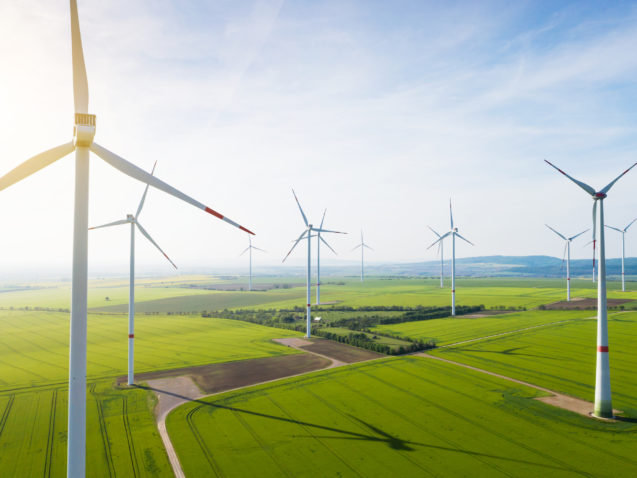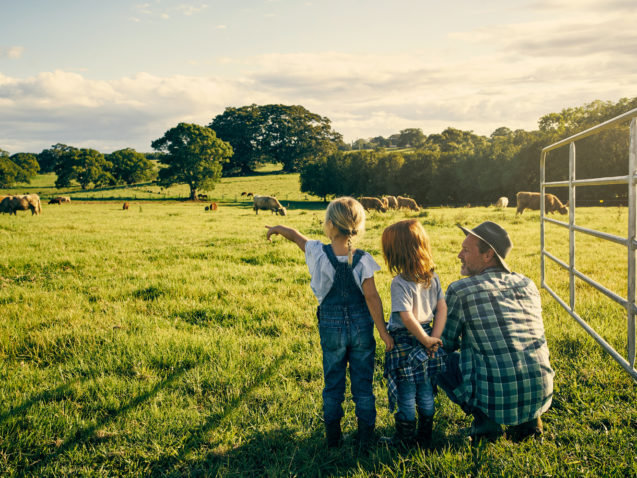Regenerative farming practices like enhancing carbon sequestration and storage are paving the way for ecosystem services provided by the landowner, whether a farmer, forester or nature manager. As part of our #FoodFuture campaign, we spoke to Marc Rosiers from the European Landowners Organisation to find out more.
Climate change is a major global concern and is becoming more prominent in our daily lives. Ecosystems are threatened and farmers will face more difficulties carrying out their activities in the future. The effects of climate change will only get worse, and the next few decades will be crucial for both mitigative and adaptive actions.
Land use accounts for a significant share of global emissions, which is why the European Commission proposes in the FF55 package to reduce emissions in the combined Land Use, Land Use Change, and Forestry (LULUCF) and agriculture sectors, in short AFOLU, with a vision of climate neutrality across these sectors by 2035. It would then generate from 2036 onwards carbon credits to balance remaining emissions in other sectors based on a robust carbon credit certification system.
Companies and organisations both play a key role in reducing global emissions and therefore have a unique opportunity to take the lead in climate action.
The main physical pools of terrestrial ecosystems to store carbon are above and below ground biomass. Forests and agricultural lands currently cover more than three-quarters of the EU’s territory and naturally hold large stocks of carbon, preventing its escape into the atmosphere. While the draining of peatland, unsustainable forest management or ploughing up grassland generates emissions, actions such as afforestation and tree planting, promoting Sustainable Forest Management (SFM), regenerative practices to improve soil health of arable land or maintenance of grassland can protect carbon stocks or result in carbon sequestration.
On September 2nd, 2021, the European Landowners’ Organization (ELO) presented its leadership paper on Carbon Farming to a selected audience of private and public institutions, leading to a policy discussion on how to seize the opportunity and make Carbon Farming a reality in the European market. To illustrate, the successful collaboration on the field between Agriland and IndigoAg. Besides its active presence in various forums on carbon farming, ELO invests not only in participating in various projects financed with European funds, but also in developing its own demonstration project called Living Soils Lab, as case studies show the way.
Living Soils Lab aims to enhance the regenerative farming practices in mineral soils to maintain and improve healthy soils, carbon sequestration and storage, and restore ecosystems to maximum and/or optimal functionality. Living Soils Lab will support this deployment through pilot sites and demonstrations of the underlying regenerative farming practices as well as the upscaling of an innovative, result based regenerative farming scheme. The scheme incentivizes a range of regenerative agricultural land management practices, such as reductions in fertiliser application and tillage, as well as improvements in water and residue (waste) management, crop and cover crop planting and harvest, livestock management, and grazing practices.
As such, Living Soils Lab contributes to the Farm-to-Fork Strategy’ taking into account the path for the development of Carbon Farming proposed by the European Commission in its Communication on Sustainable Carbon Cycles COM (2021) 800 of December 15th, 2021 and enables companies and organisations to make a concrete contribution.





